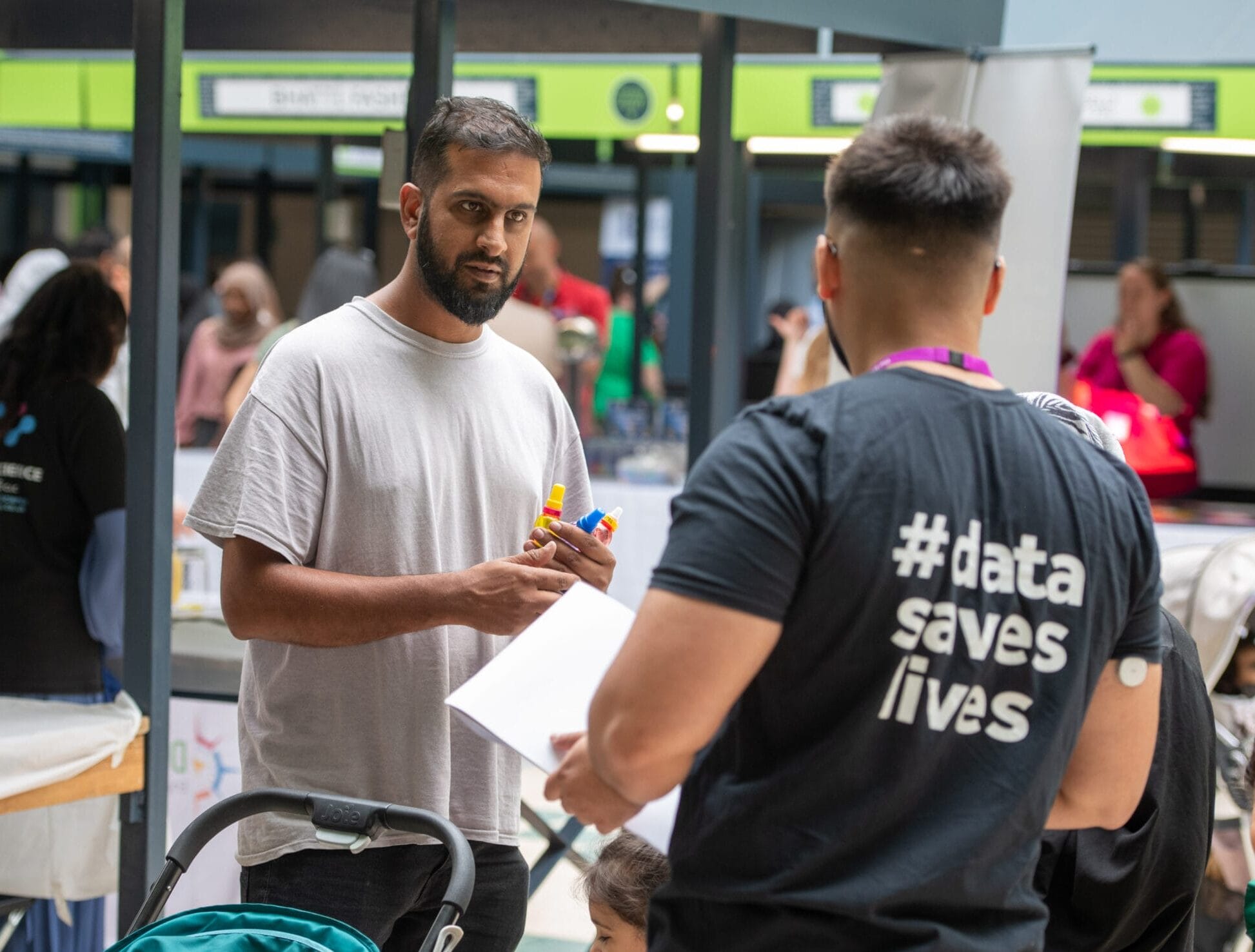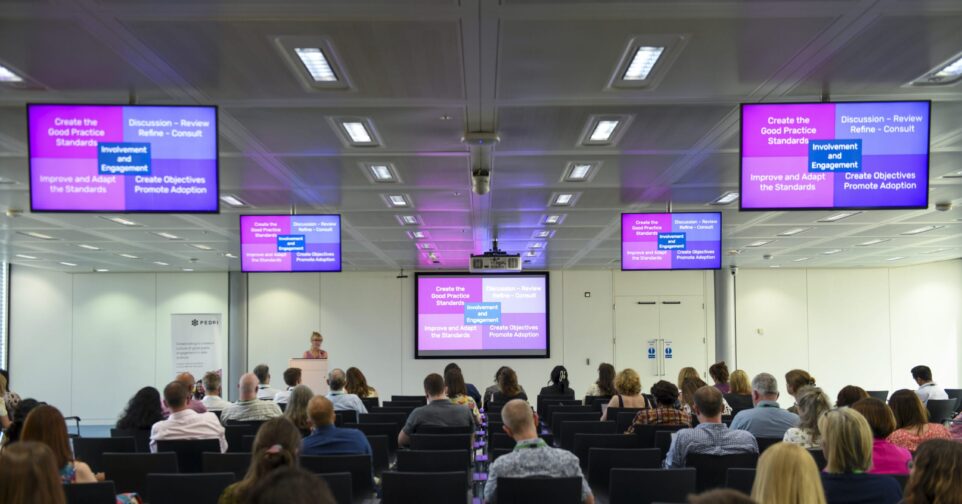02 July 2025 | Amy Hodgkinson, Learning and Development Lead at PEDRI and Anwar Gariban, Public Partner at PEDRI
In our recent webinar, Julian Harrison who works with the The Centre for Ethnic Health Research, shared a toolkit that can be used by people working in data research embed Equity, Diversity and Inclusion (EDI) in their work. EDI is one of the seven PEDRI Good Practice Standards which support data professionals to work well with the public.
The Equality Impact Assessment Toolkit, developed by the National Institute for Health Research (NIHR) Applied Research Collaboration East Midlands, supports inclusive public engagement from the very start of a project. It helps you identify whether your plans could unintentionally exclude or negatively impact people, particularly those from protected or under-served groups.
This toolkit is a useful starting point for ensuring EDI is a part of your public engagement in data research practice, and will support you to embed the PEDRI Good Practice Standards in your work.

Julian Harrison provided an overview of Equality Impact Assessments and a lot of insightful responses to audience questions.
Improving EDI
At PEDRI, we are on a continual journey to embed EDI in our work and support others to do the same. Our Public Advisory Group (PAG) share a passion for inclusivity in data research and play an important role in holding us accountable.
One of our PAG members, Anwar Gariban, introduced our recent webinar and has been involved as a public member in various research projects. We asked him to share his experiences of data research projects he has been involved in where he felt EDI may or may not have considered:
“In my experience, there can be a lack of awareness of the importance of having diverse and inclusive representation amongst researchers. However, this tends to improve in organisations where the ethos of EDI is prioritised.
In previous roles, I have frequently encountered research with inappropriate public involvement representation. For example, one study investigating a disorder with a higher prevalence among people of colour had a disproportionate representation of individuals who were not from that community. Similarly, another study focused on the social care needs of the elderly had no proportionate contribution people with those needs.
Conversely, my positive experience of commitment to public involvement and engagement was clear at the British Heart Foundation Data Science Centre. We ensured that people of low socio-economic status were included in a project collecting health data from wearables that would detect heart abnormalities. Wearables can often be unaffordable for this community. They can find themselves excluded even if unintentionally.” – Anwar Gariban, PEDRI PAG member

Anwar Gariban, a PEDRI PAG member, introduced the recent webinar.
Creating relevant guidance
Sometimes it can feel like a difficult task to know how to apply public engagement and involvement guidance from other areas of research, like health, to data research. We’re working with our partners to curate a bank of resources from across data research and beyond to help with this.
As part of supporting good public engagement in data research, we’re keen to make our webinars as useful as possible for data researchers, bringing in expertise that is relevant to the PEDRI Good Practice Standards from within and beyond our sector to see how we can all apply it to all our work.
If you have a topic you’d like to see covered in our webinars relating to the PEDRI Good Practice Standards or have suggestions on how we can make them as useful as possible to data researchers, get in touch.
Don’t miss our next free webinar on 22 July, Leading with empathy. Book now.

Rachel Edwards from PEDRI partner, Research Data Scotland, brought the data research perspective to the question and answer session of the webinar.
More EDI resources
Our resources hub has lots of other tools and guidance which can also help you to embed EDI. For example, if you are unsure where to start when it comes to EDI, the University of Warwick provide guidance on what it means, why it is important to public engagement and tips on how to get started. You may also want to find out how to build trust with a wide range of different communities. This resource from The Social Change Agency shares five simple but powerful tips for community outreach to help you move from intention to action.
Want to keep building your confidence and capacity in EDI and the PEDRI Good Practice Standards? Explore more tools, guidance and information on the resources hub.
Help us make the resources hub better
- Have you used a resource from the hub? Take our 2 minute survey and let us know about it.
- Share your own resources using our upload form.
- Is there a resource you want to create or something you were hoping to find, but didn’t? Get in touch with us at contact@pedri.org.uk




